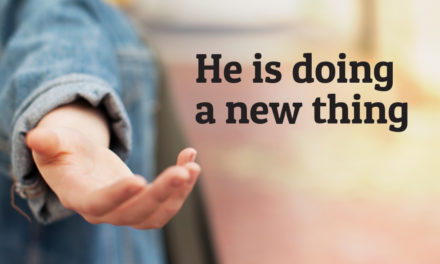Last month we started examining what it means to parent our children intentionally and why that is important. Now let’s consider how we can be even more intentional in the way we parent.
First, intentional parenting is relational. Sure life gets busy, especially as kids get older and their lives fill with events and milestones. But to be intentional as parents we must consistently look for ways to connect with them through these different seasons of our children’s lives. We want to find opportunities to have one-on-one time with our children, time to laugh, play, and talk, even if it’s only a few minutes each day. When time is especially hard to find and precious, just taking a few moments to write a note or send your child a text letting them know you love them and support them will keep you connected. They can look at this note throughout the day and be reminded of the relationship they have with you and the love you have for them. Lastly look for unique ways to connect with each of your children. Some children are sports driven, so maybe it’s watching a game together or even playing catch out in the yard. Another child might enjoy writing, so maybe reading what they have written and then discussing it might be a way to spend quality time. This quality time will not only build lasting memories, but it will give you the opportunity to pour into your children, to learn about them, and to minster to them.
Intentional parenting is consistently, and sometimes persistently, attentive. As a parent I can tell you that we have so much going on that it is very easy to be distracted. When you look at the precious time you have with your children, what really captures your attention? What are your eyes, ears, and mind focused on? Would your spouse and children say you pay attention to them?
One of the best ways to intentionally demonstrate love to your kids (or to anyone) is just by paying attention to them and listening. This sounds very simple, I know, but in the time we live in it requires us to be deliberate in using our time with our children, to be purposeful in quieting the distractions of work, entertainment, news, and social media so we can focus on them and their interests.
It also requires us to be persistent in connecting with our kids, not giving up on future connections just because the present moment doesn’t meet our expectations. Intentional parents see parenting as a blessing and not a burden. They view every opportunity to influence their children as an amazing gift.
Intentional parenting is instructional. When is the last time you told yourself, “I really need to teach my kids how to…”? Teaching is a crucial component of intentional parenting. What traits or skills are you modeling for your children? What do you want them to know for the next stage of their development? I know my older boys are only six and three and a half, but I am already teaching them how to change the oil on our lawn equipment and why it is important to take care of the equipment and tools. Why? Because I want them to grow up to be men who can take care of the things they will hopefully work hard to obtain.
In an intentional, relational home, kids are usually willing and eager to learn, so look for teachable moments every day, or moments to reinforce previous lessons. Then plan for special, dedicated times to work on some bigger objectives.
It is never too early or late to start. These qualities of intentionality are exactly what Moses said parents would need to in order to pass along their faith to their children in Deuteronomy 6:7.
We all have many flaws, weaknesses, and imperfections, but no one else has been chosen for the job of raising and parenting your children. Sure as a youth leader I have the privilege of coming alongside you and discipling your children, but no one else can do this job of parenting your children like you can. If you endeavor to be intentional, your kids will appreciate it, and they will thrive because of it.






